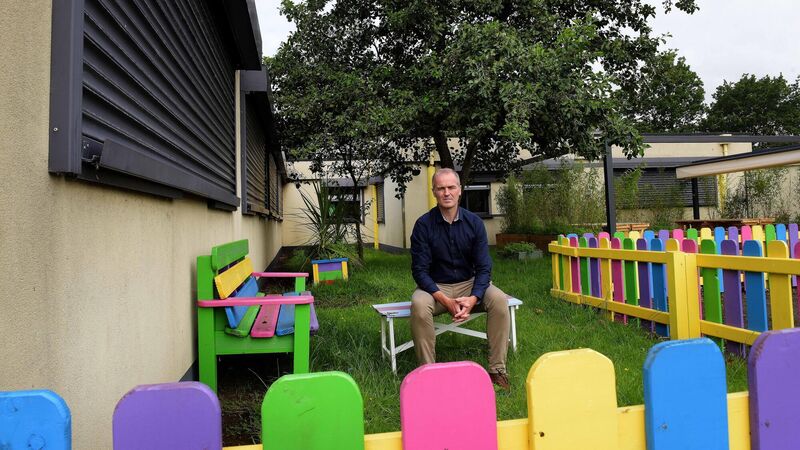'No way you can do literacy or numeracy with a child who has suffered trauma in the morning'

Philip Fitzgerald, principal of St Joseph's Senior National School in Ballymun, Dublin: 'The reality is we need something extra than what’s currently available in the Deis programme.' Picture: Moya Nolan
Come September, principal Shane Loftus will have spent the bones of three decades working at Our Lady Immaculate Senior School in Darndale, Dublin 17.
Originally from Mayo, he joined the school in 1995 shortly after he finished college.











